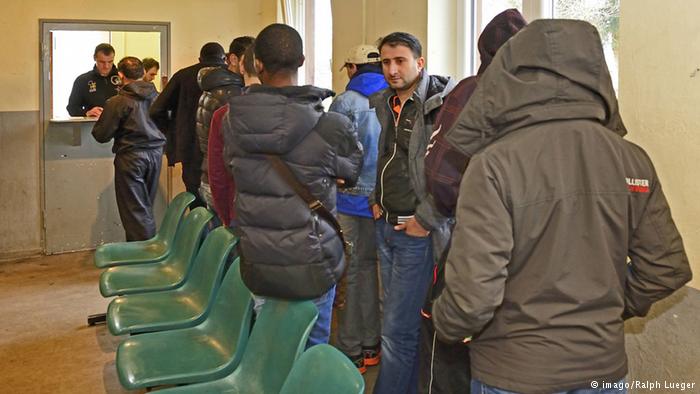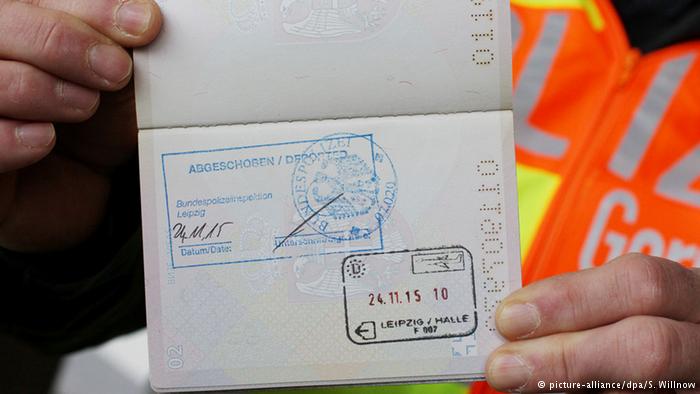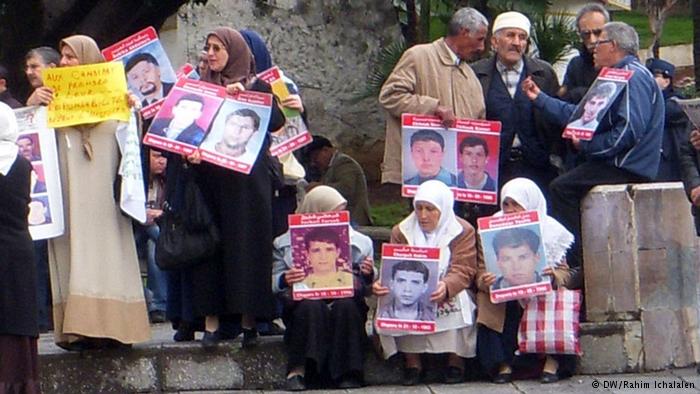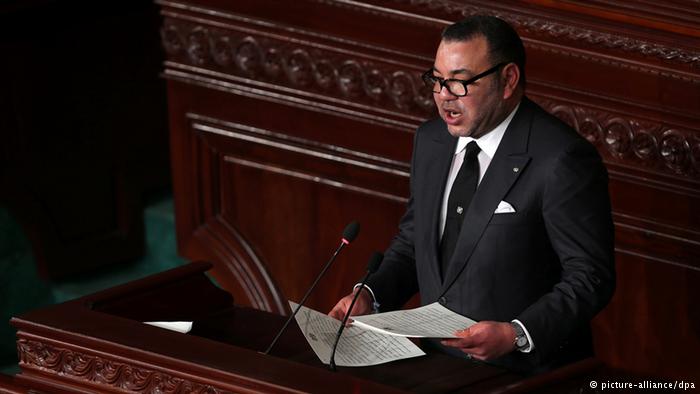Asylum
Are these Countries safe?
The three Maghreb countries of Morocco, Algeria and Tunisia to secure the countries of origin to be explained. So have people from these countries are not entitled to asylum more. The decision is controversial.

Soon you will probably be the “safe Countries of origin” include, the three Maghreb countries of Morocco, Tunisia and Algeria. In practice, this means that people from these countries in Germany in principle not entitled to asylum more – and thus no Chance, on this legal basis permanently to live here.
Thus responding
the Federal government
on the increased number of immigrants from these countries. According to the Figures of the Federal office for Migration and refugees (BAMF) travelled in December 2015 nearly 2300 Algerians and about 3,000 Moroccans to Germany. A total of 5300 people – substantially more than in the previous year: in 2014, travelled a total of just 4000 people from the two countries to Germany.
In the focus of the Public and the authorities were Algerians and Moroccans in Cologne on new year’s eve. A high number of the alleged perpetrators comes from the two North African countries.
Inadequate human rights situation in Morocco

Paper of a rejected asylum-seeker
After the unrest, the incidents of new year’s eve triggered, there is a political interest, the number of Algerian, Moroccan as well as Tunisian refugees in total to reduce, even by the already arrived here people in their Countries of origin will be returned.
About the human rights situation in Algeria and Morocco, however, it is not good. For the period between 2010 and 2014, the human rights organization Amnesty International in Morocco, 173 cases of torture. Eight people were prosecuted, after the amount of torture be made public or reported.
Talks about Amnesty of “numerous” unfair court cases. Several refugees from sub-Saharan Africa, the Spanish enclaves of Melilla and Ceuta penetrated and by the Spanish authorities, once again the Moroccan authorities have suffered disproportionate use of force.

Even years after the civil war in Algeria is still missing people
Germany calls in Kassel, Germany, teaching a political scientist Werner Ruf in an Interview with the Deutschlandfunk, should with Morocco on the human rights talk. “When compared to a country like Morocco to apply the pressure, then it can not on the one hand, pay court to, you can’t on the one hand, big Green week celebration, the tourism celebrate or ignore the fact that Morocco, the Western Sahara contrary to international law, occupied keeps. Then you have to start where you push start. This has, of course, then again repercussions on our own economy.”
Doubtful rule of law in Algeria
Also Algeria has a poor human rights record. The civil war of the 90s, as the government over the years against the to their democratically-won victory brought Islamists fought, was still not complete, so call. Amnesty International confirms this diagnosis: the Algerian secret service have a number of Islamists arrested and tortured. Especially in the recent past make it difficult for Algeria as a constitutional state to consider, ” says Werner Ruf.
“When you consider that in the Algerian civil war – and it is not too late – between 10,000 and 30,000 people disappeared – that is, in General, people who were killed and never again will crop up somewhere, then you can not, as the European Union and the Federal Republic of Germany of human rights talk and then at your discretion, safe countries of origin.”
The decision, refugees from Algeria, Morocco, and
Tunisia
with the Argument that they came from safe Countries of origin, not more than asylum-seeker to acknowledge is problematic, says also the amount of Algerian activist Randah Uthman. Even more so, as your opinion, not new immigrants, but in Europe-born persons with Maghreb roots by crime, had noticed.
It also makes you escape from Algeria and Morocco for humanitarian reasons claimed. “I do not judge people, his country out of poverty and Hunger leaves to elsewhere to lead a better life. Seek a better life, is the criminal?”

The top representative of an expandable Rechtstaats: the Moroccan king Mohammed VI
Criticism of the Arab States is necessary
The France-based Tunisian activist Munif Kiylani notes, however, on another point. For his term is the criticism of one-sided ways. Too much take you only a page in the view. When it comes to the reception of migrants go, were also the Arab States
in the duty:
“Why do we ask only of the European countries that you on human rights? Why do we ask this not also of the Arab countries, especially the Gulf States?”
